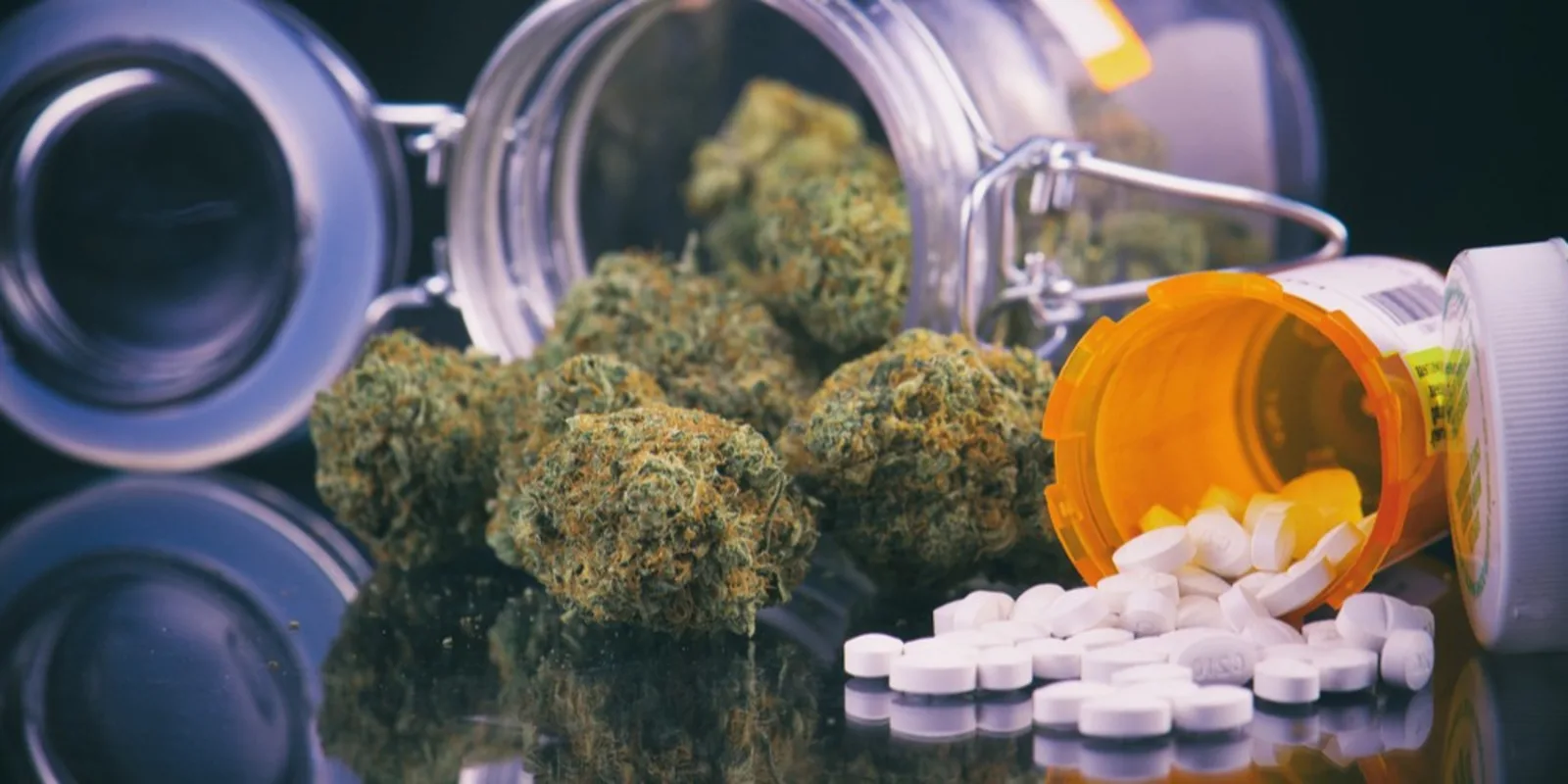
Crazy, I know — but regardless of your personal bent on the topic, medical marijuana is now legal in 29 states plus the District of Columbia. That’s a lot of places where patients can legally be prescribed, purchase, and take medical marijuana for an assortment of ailments, including recovery after surgery. Before dismissing the idea because of the perceived stigma of marijuana use, consider these five reasons why your postop patient might consider taking marijuana after surgery:
1. Avoid opioid overdose and addiction
The current opioid crisis has contributed to over $55 billion in health and social costs. Could marijuana use after surgery be the answer to the opioid crisis in America? When you consider the following facts, it’s not such an unreasonable conclusion.
In this recent study, most consumers try opioids for the first time after undergoing surgery. Of those, six percent continue using opioids for at least three months after surgery. What if those patients were never offered opioids in the first place? What if their doctors gave them a prescription for marijuana instead?
There’s reason to believe the replacement of opioids with marijuana can reduce dependency on opioids. According to this study in JAMA Internal Medicine, “Medical cannabis laws are associated with significantly lower state-level opioid overdose mortality rates.” The article goes on to say, “In states with a medical marijuana law, overdose deaths from opioids like morphine, oxycodone and heroin decreased by an average of 20 percent after one year, 25 percent by two years and up to 33 percent by years five and six compared to what would have been expected…”
It’s not just the risk of dependency that’s concerning; there’s also the risk of an accidental overdose. I prescribe Percocet for all of my postop patients. Though there isn’t usually a problem with dependency or overdose, overdoses can happen. One of my patients, instead of taking their Percocet “prn pain,” took their medication around the clock. The patient was opioid naive, their respiratory rate dropped, and they had to go to the hospital. The patient recovered without the need for a reversal medication like Narcan, but it was a scary, avoidable situation for the patient and family — and for me, too. One overdose is enough.
In contrast to opioids, the risk of overdose with marijuana is said to be impossible. According to the National Cancer Institute, “cannabinoid receptors, unlike opioid receptors, are not located in the brainstem areas controlling respiration.” You could argue my patient’s overdose wouldn’t have happened if she was taking marijuana for her postop pain. In other words, my patient whose respirations slowed from Percocet would not have had the same experience with marijuana.
Opioid addiction can do harm to your practice, too. As I wrote in this post, opioid-addicted patients can skewer their doctor with a negative Yelp review if they don’t receive the meds they demand. While this could also occur if a doctor doesn’t refill a patient’s marijuana prescription, that’s likely less of a problem since marijuana is a) not addictive and b) now available for recreational use in several states.
2. Decrease pain and increase appetite
In addition to the benefit of avoiding an overdose, marijuana decreases pain and increases the appetite. Increasing appetite for chemotherapy patients is well documented, but the importance of eating after any major operation can’t be overstated. Consuming foods high in protein contributes to wound healing. Marijuana often reduces pain, nausea, and vomiting, whereas opioids can actually increase nausea and vomiting.
3. CBD vs. THC
For those of you worried about prescribing a medication that will make patients “high,” there’s an alternative that can avoid that stigma.
Cannabidiol, also known as CBD, is one of many active ingredients in marijuana. The more commonly known chemical compound is tetrahydrocannabinol (THC), which is the psychoactive ingredient in marijuana. As explained in this article, CBD, in appropriate ratios, can actually counteract the euphoria or the high associated with THC. So, by using a marijuana strain that is higher in CBD than THC, the typical paranoia and euphoric effects of the marijuana high are actually reduced. At the same time, its beneficial effects — less pain, nausea, and vomiting — remain.
4. No nicotine means better wound healing
Nicotine before or after surgery can constrict blood vessels and adversely affect wound healing. Marijuana, on the other hand, does not contain nicotine. Additionally, the risk of lung cancer seen with tobacco products doesn’t translate to marijuana either. According to this article:
“Marijuana use also was not associated with tobacco-related cancers or with cancer of the following sites: colorectal, lung, melanoma, prostate, breast, cervix. Among nonsmokers of tobacco cigarettes, ever having used marijuana was associated with increased risk of prostate cancer (RR = 3.1, CI = 1.0–9.5) and nearly significantly increased risk of cervical cancer (RR = 1.4, CI = 1.0–2.1).”
5. No constipation
With either short or prolonged use of opioids, patients complain of constipation. This is a vicious cycle. As patients take more opioids for pain, the resulting constipation can cause more pain and the cycle begins anew. That is not an issue with marijuana.
Conclusion
Granted, the use of marijuana to control pain postoperatively only pertains to the states where its medical use is legal. In a situation where there is a process for obtaining marijuana, the stigma is reduced. Whereas, in states where medical marijuana is not legal, buying it from an unapproved seller is obviously a legal non-starter. And exceedingly awkward for law-abiding citizens.
So, should you recommend medical marijuana postop instead of opioids? That’s a decision for you and your patient. However, as marijuana is more commonly approved for medical use, it’s a step you may like to consider, or at least be able to discuss with your patients.
Dr. Jonathan Kaplan is a board-certified plastic surgeon based in San Francisco, CA and founder/CEO of BuildMyBod Health, an online marketplace for healthcare services that allows consumers to determine cost on out-of-pocket procedures, purchase non-surgical services, and connect them to a physician or facility.







